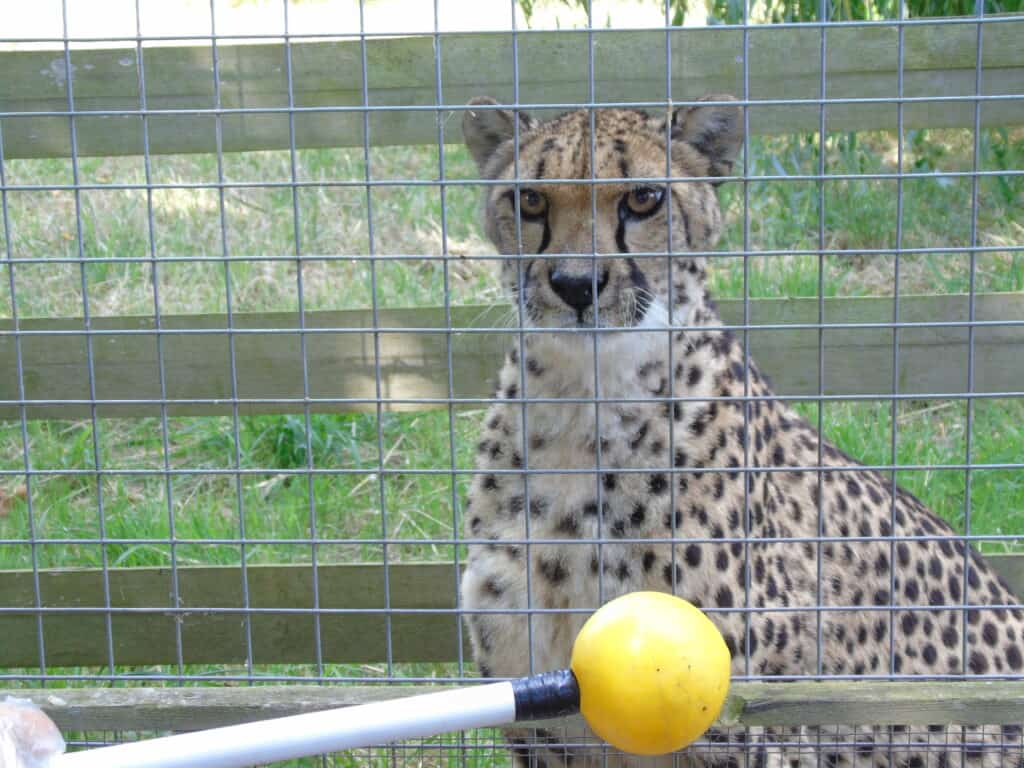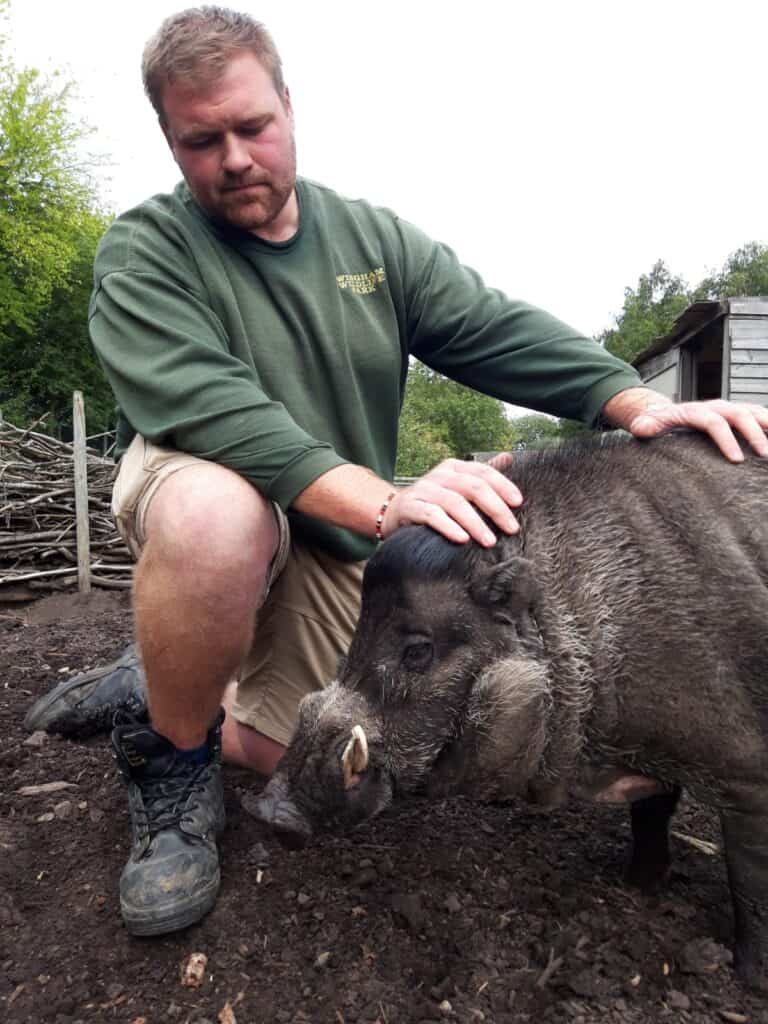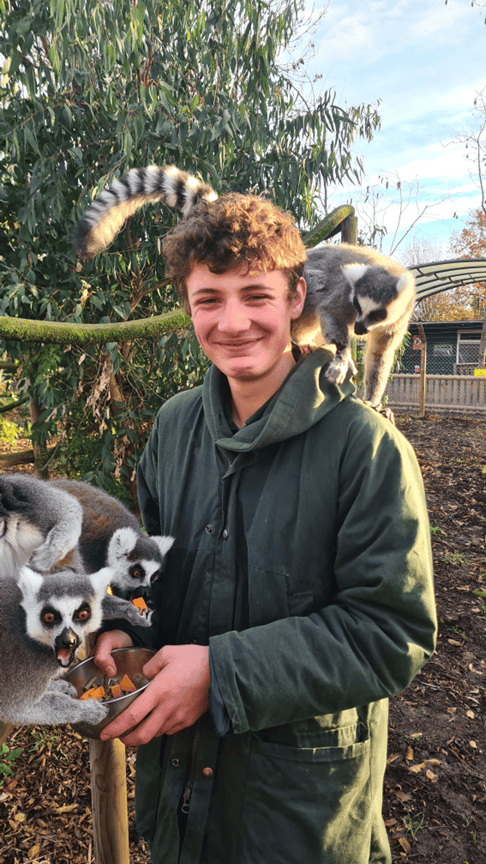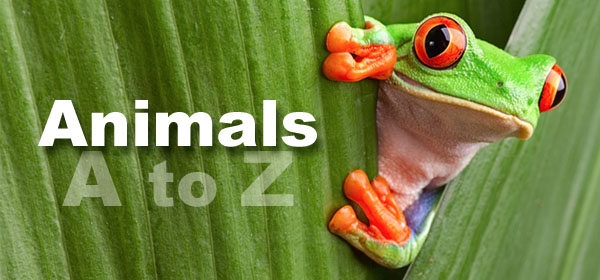This week I thought I’d talk about becoming a zookeeper and the different ways to get into the industry. Working with animals is something that a lot of people strive to achieve and being a zookeeper is something that a lot of people dream of being. Usually, the first question that I get asked is what qualifications do I need, honestly you don’t necessarily need any qualifications, but they will help you to stand out and hit the criteria needed for a lot of animal keeper jobs that are advertised. My career at Wingham started off by volunteering 2 days a week, I defiantly learnt a lot while volunteering.
Experience with animals is essential. However, it doesn’t have to be in a zoo, although this is preferred for getting a zookeeper job. It can be from helping in a rescue centre, farms, stables, vets and pets that you look after, all hands on experience counts. You can have all the qualifications in the world, but if you don’t know how to use basic cleaning equipment to clean out an animals housing to a high standard, then you won’t last long in any animal care positions.

Volunteering;
Volunteering is a great way to gain experience working in the zoo industry. It allows you to see what the job entails as well as getting to spend time with amazing animals. A lot of zoos also look at their pool of volunteers first if they have any zoo keeper positions available. Here at the park, we have a few different types of volunteer roles.
Animal keeper volunteers help with the care of the animals and often do other tasks that the keepers do as well. This type of volunteering may involve preparing animal foods, cleaning enclosures, making enrichment, small general maintenance tasks like weeding and cleaning windows. Also helping to keep the animal kitchens and the zoo clean. Most of our keepers at the park have done some sort of voluntary work with animals here in the UK or abroad.
Education volunteers, will help out with touch tables and maybe doing talks about different animals to the public. These types of roles need you to be friendly, approachable and confident with speaking to the public. There may be opportunities for gardening volunteers as well. Helping to keep the zoos plants looking at their best.
Internships;
These are a great way of gaining full time experience. A lot of internships are voluntary, but many degree courses will offer a year in industry placement with their courses. This is a perfect opportunity to gain experience through internships. You would be trained as a trainee keeper, learning all the basics of a zookeeper’s role. Sometimes this may involve shadowing a keeper whilst they do their jobs and other times you may be asked to do certain jobs on your own once trained by keepers. Internships often require you to work full time for a minimum of 3 months up to a full year.
Qualifications;
Studying can either be full time or part time and there are also some long distance learning courses and online courses available. There are a lot of different qualifications that cover aspects of zoology, animal care, veterinary care, behaviour, welfare, zoo keeping and conservation. You can find varying levels of qualifications that all specialize in animal related subjects, Diplomas, Foundation Degrees, Degrees, Masters and PhD’s. If you were looking at doing a degree you can take the route of doing A Levels then going to university to study an animal related subject.

It really does depend on the position and what experience you may already have. Some zoos will require a degree level qualification even for an entry level zoo keeper whereas others will be happy with relevant experience and no qualifications.

Apprenticeships can be found within a few zoos, but they are extremely competitive and often there is a lot of criteria needed to qualify. They are a fantastic way of gaining qualifications whilst working and gaining experience plus you get paid whilst you learn.

If zoo keeping is what you wish to do as a full time job, remember that whilst volunteering at a zoo you will be continually assessed by keepers and senior staff as to whether you would be suitable for a position. Just because you are working for free doesn’t mean you should work to a lower standard than with a paid job. You should want to prove to staff that you would be a valuable member of the team should a position arise. If my blog has inspired you to come and help volunteering out at the park, go to our website where you can send an application form in.


